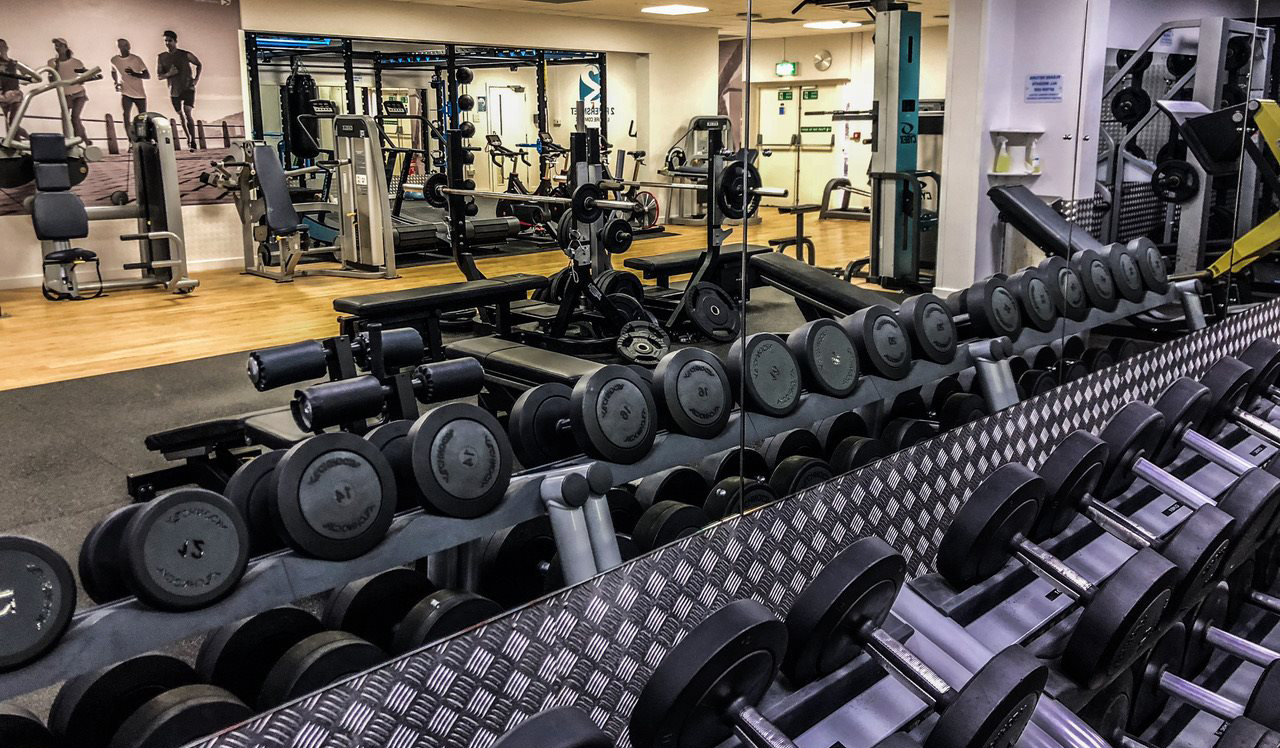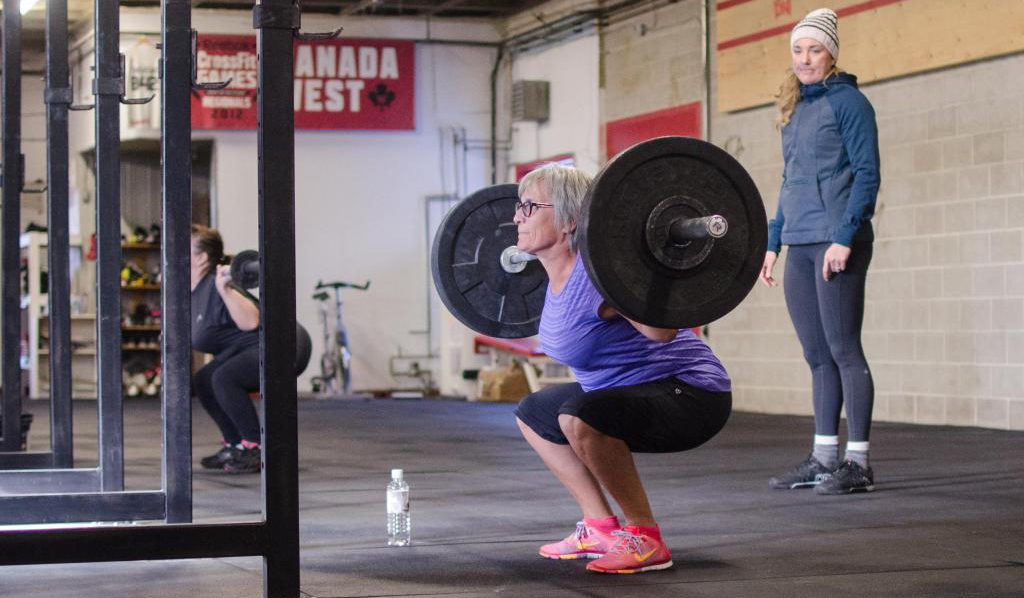
Ten Reasons to Strength Train as a Masters Athlete
By Peter Reaburn PhD, Professor and Head (Exercise and Sport Science) Bond Institute of Health and Sport, member of QMM Miami Masters.
Introduction: The older I get the better I was! Great slogan for a T-Shirt I say! As masters athletes, we all know we are getting slower. Many of the more competitive animals among us try to hold onto our performance as we age. Research has consistently and overwhelmingly shown us that weight training can help prevent or lessen that rate of decline.
Another thing we want to hold onto is our health. We see too many of our friends, fellow masters athletes and family suffering ill-health and chronic disease. Again, research has consistently shown us that weight training can help prevent or manage many of the chronic conditions that hit us as we age.
Below is a list of 10 reasons why weight training is important, indeed, critical, for older people wanting to maintain quality and quantity of life as we age. And even more important for masters athletes for performance reasons.
1. Avoid Muscle Loss: As we age, from around 40 years of age we lose 2-3 kg of muscle if we don’t load the muscles. That rate linearly declines to around 60-65 years then increases greatly after that. Aerobic exercise is great for the heart and lungs but it does little to hold onto muscle. Loading the muscles through weight training is key to avoiding muscle loss. And the older we get, the more important weight training becomes.
2. Avoid a Reduction in Metabolic Rate: Muscle consumes energy and thus calories. If we lose muscle mass as we age, we will reduce our basal metabolic rate. This rate decreases between 2-5% per decade after 30 years of age. It’s one reason why we put on weight as we age. We keep eating the same amount but our metabolic rate is decreasing. Lifting weights helps hold onto muscle mass and thus keep the metabolic rate pumped up!
3. Increased Muscle Strength Improves Performance: Research in both young sprint and endurance athletes has shown that weight training that increases strength increases endurance and speed. My research teams over the years have shown the exact same in older speed and endurance athletes. Weight training that increases muscle mass also increases performance in speed and endurance.
4. Reduced Body Fat: Whether adding weight training to your normal exercise routine or combining it with a decrease in calorie intake, weight training leads to an increase in muscle mass and decrease in fat mass.
5. Increased Bone Mineral Density: Weight training in both older non-athletes and masters athletes has shown bone mineral density increases. This is even more important in swimmers given that weight-bearing and impactful activities such as walking, jogging or plyometrics (jumping) are needed to improve bone density. Swimmers don’t impact! It’s even more important in menopausal and post-menopausal women. Interestingly, the bone density increases in the bones stressed through weight training.
6. Reduced Lower Back Pain: Strong lower back and tummy muscles are critical for prevention of lower back pain.
7. Reduced Resting Blood Pressure: By itself, weight training helps lower blood pressure. Combining it with endurance training and the benefits are even greater.
8. Improved Blood Glucose Regulation: Regularly stimulated and larger muscles take up more glucose (blood sugar) from the blood. For diabetics and those wanting to hold this condition at bay, weight training improves the uptake and use of blood glucose.
9. Improved Blood Lipids: We know endurance exercise lowers total cholesterol, LDL-cholesterol and triglycerides while increasing HDL-cholesterol. All great health benefits for the ticker and blood. Research has also shown weight training has the same effects.
10. Improved Mental Health: Recent research is highlighting the benefits of weight training as a form of exercise in benefiting mental health, specifically anxiety and depression.
Hope you’ve got the picture. For performance, physical and mental health, weight training is important. And the older we become, the more important it becomes.


